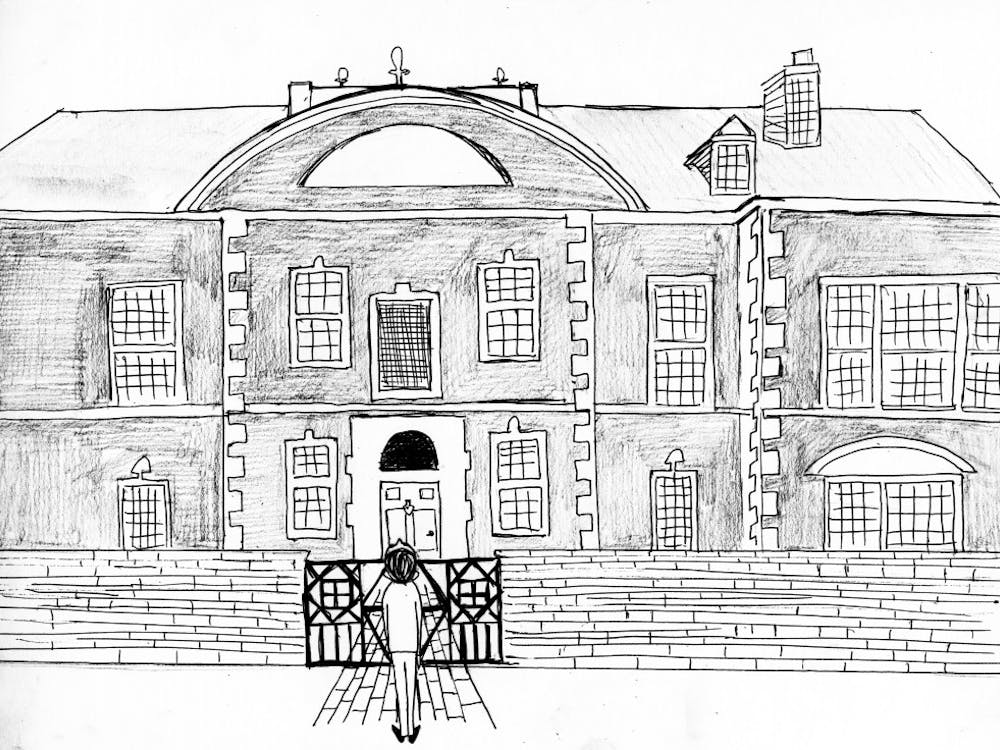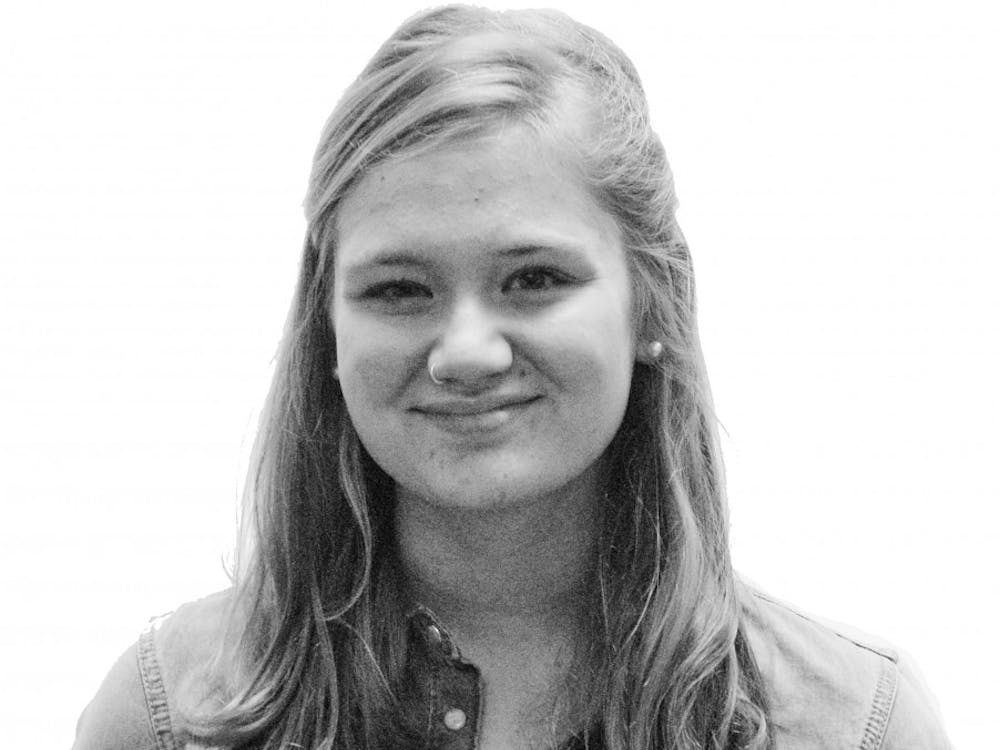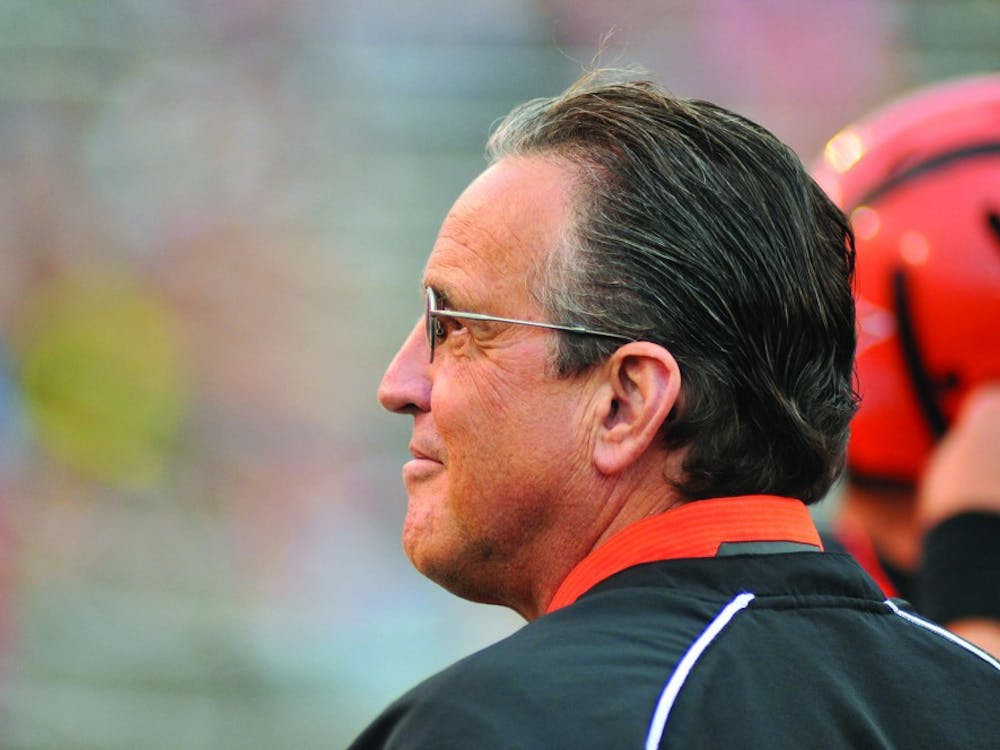Shortening preview is the right call
Ryan DukemanIn light of recent coverage of the administration’s decision to eliminate the overnight component of Princeton Preview and shorten it to two one-day events, I think it’s necessary we remind ourselves of the framework in which this decision was made.










